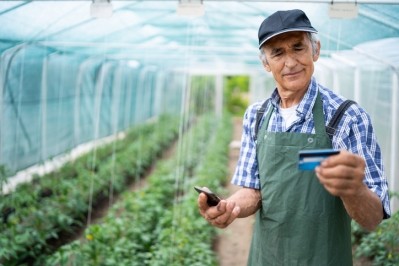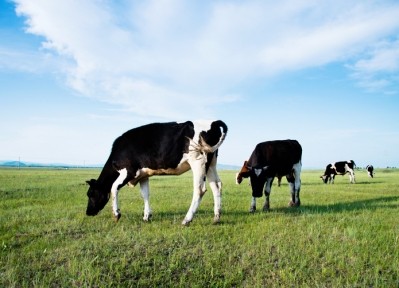The ‘real’ challenge: Why agtech investments need to prioritise farmer adoption over fancy innovation

This was the opinion of an expert panel comprised of Openspace Ventures Director Nichapat Ark, Ankur Capital/ Think Ag Director and Co-Founder Ritu Verma, Rabobank Asia Head of Research Food & Agribusiness Dirk Jan Kennes and Beanstalk AgTech Senior Advisor Abhinav Mehra. The session was moderated by Padang & Co Executive Chairman Adam Lyle.
To set the stage, Lyle highlighted the ‘lousy’ state of agriculture and agtech funding investments made in the previous year, saying that reports had shown that numbers were down by some 50% and it was in fact the worst performance the industry had seen in the past six years.
In light of this, funding in the agtech sector can essentially be seen to be in a new phase of development from the previous few years when money was ‘easy to come by’ for practically all types of agtech pilot projects, meaning that investors are now taking a much closer look when choosing which ventures and initiatives to back financially.
“In agtech today, there are many new opportunities, solutions and technologies emerging – but the real challenge still lies at the incorporation stage, as many are still saying that farmers are not adopting these solutions,” Ark told the floor.
“Without this adoption, the best technologies in the world cannot be implemented into the food chain, so apart from investments into new tech there now really needs to be enhanced focus on getting farmers to adopt these solutions”
Verma concurred, adding that there is still a major need to align around this challenge and develop more targeted solutions that solve farmers’ practical problems.
“This is a challenge that needs handling as an industry, we cannot expect farmers to just make the changes and adopt tech like that as this is a very existential and tangible move for them,” she said.
“At the end of the day, they still need to eat and feed their families, and need to have the right support to do that as they make any beneficial challenges by adopting agtech – to this end, there also needs to be the right language used to match with the rest of the world too.”
Kennes added that an overall perception change may be required, particularly at the level of financial institutions.
“Banks in particular tend to look at farmers as a subject that needs to entertain [and cater to] them, but at the end of the day this is not the right mindset given their vital role in the food chain,” he said.
“This goes deep into the supply chain and the need to really figure it out, from all the players and their roles, who does the running and the circulation and production, and how to redistribute all the profits and risks.
“Without this, there is a cycle here that cannot be broken – and amongst the major first requirements to break the cycle are first a new currency of exchange such as carbon credits (which is accessible to everyone in the supply chain including farmers), and also the right infrastructure which is not only physical but also digital.”
Bright spots
Despite the drop in funding quantity, the panel also believes that this could have some positives as it could pave the way for more stable and targeted investments in the industry.
“When the traditional VCs are less prominent, other sources of funds will gain in prominence – right now, financial institution capital is where enterprises should be looking to,” Mehra said.
“Currently agtech funding is seeing a drop because many projects are being discounted for not showing good fit and ROI during the pilot stage – but the fact is that a lot of the funds were diluted in past years and if there can be a switch to directing more non-diluted funds towards good pilot projects, there is a higher chance of tweaking these to get them right.”
Verma added that this also represents a good opportunity for the right solutions to stand out.
“Now that all the noise is gone, we will be able to see the real, practical innovations that are most applicable and appropriate and there will be more opportunities for rinse and repeat models in different value chains,” she said.
“We have learned that the reality is throwing capital in alone at just any type of technology is not going to be able to solve all the realities on the ground, and there are many challenges within the food supply chain that need to be addressed and basic fails that must be corrected first – and we must apply this learnings well.”
The panel was speaking at the South East Asia Agri-Food Roundtable 2024 in Bangkok.



















